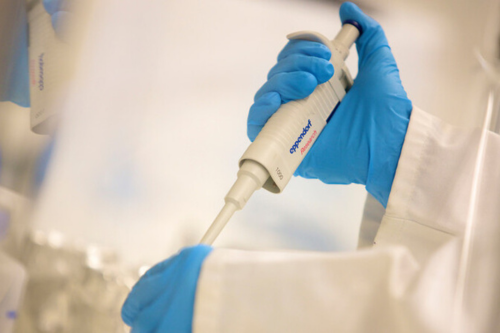
The University of Bristol will benefit from access to funding, expertise, and drug discovery and development platforms spanning multiple disease areas University of Bristol
The University of Bristol has joined the Evotec beLAB1407 BRIDGE Partnership, an innovative venture aiming to advance new therapeutic drug discoveries.
Evotec beLAB1407 was launched in 2021 with the Universities of Birmingham, Dundee, Edinburgh and Nottingham, and they will now be joined by the Universities of Bristol and Glasgow, as well as Queen Mary University of London.
Under the partnership, the University of Bristol will benefit from access to funding, expertise, and drug discovery and development platforms spanning multiple disease areas.
Professor Jeremy M. Tavaré, Pro Vice-Chancellor and Executive Dean, Faculty of Health and Life Sciences at the University of Bristol said: "Bristol is a leading University in terms of the depth and quality of its biomedical research and the number of new ventures that are formed to accelerate its translation towards patient benefit.
"We are excited to be joining the beLAB1047 consortium which will enable us to access world-leading capabilities to support and accelerate the development of potential new therapies and better position these for onward investment."
Evotec is a life science company that works to discover highly effective therapeutics and make them available to patients. The BRIDGE (Biomedical Research, Innovation & Development Generation Efficiency) partnership is designed to tap into academic science to accelerate the formation of spin-out companies and generate collaborations with pharmaceutical and biotech companies.
Dr Thomas Hanke, EVP Head of Academic Partnerships at Evotec, said: "UK universities are sources of proven high-quality research to elucidate new therapeutic targets, platforms and candidates. Each of our new university partners brings an impressive biomedical research track record to the table and -through beLAB1407- we look forward to supporting them building strong translational foundations for projects with the potential to yield first-in-class therapies that can positively impact patient care."






